Pulmonologist Lung Specialist: Essential Care for Respiratory Health
Pulmonologists play a crucial role in diagnosing and treating lung diseases.
These specialists have special training to diagnose and treat many different lung conditions.
Pulmonologists use special tools and tests to check how well a person's lungs work. They may listen to breathing sounds, look at chest x-rays, or do breathing tests.
This helps them figure out what's wrong and how to fix it.
People often see a pulmonologist if they have trouble breathing, cough a lot, or feel short of breath. These doctors can help with asthma, lung cancer, pneumonia, and other lung problems.
Over 250+ reviews
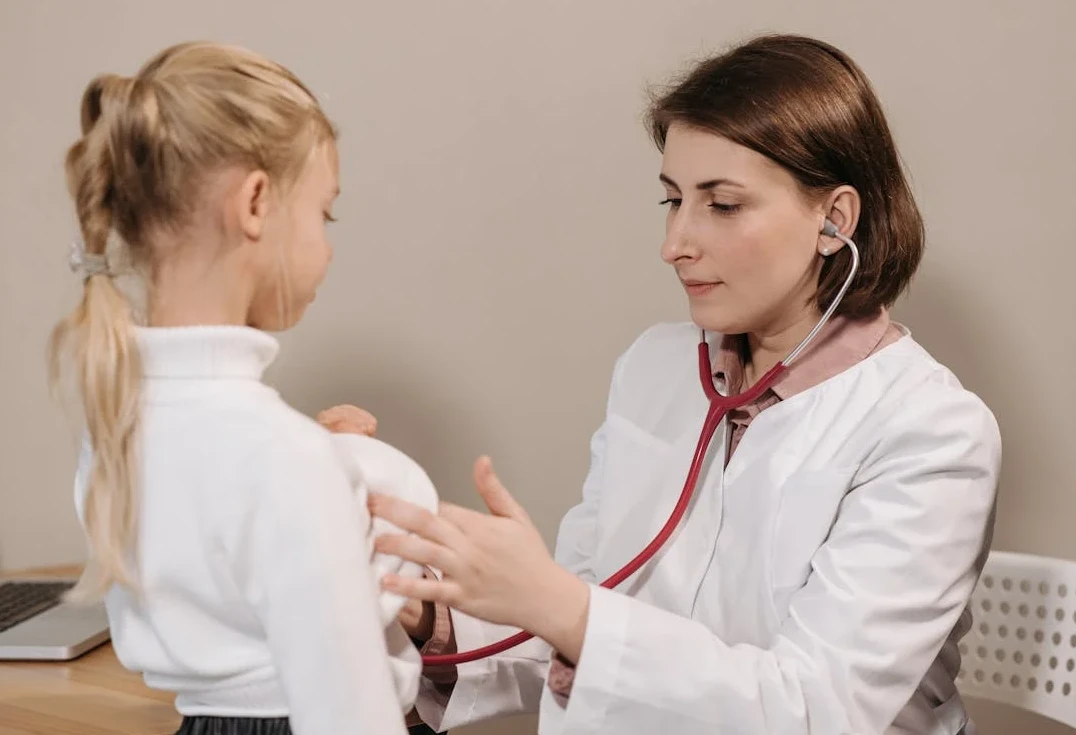
Pulmonologist Lung Specialist: Essential Care for Respiratory Health
They work with patients to make treatment plans and teach them how to keep their lungs healthy.
Key Takeaways
- Pulmonologists are doctors who specialize in lung and breathing problems
- They use special tests and tools to check lung health and function
- Pulmonologists treat many conditions and help patients manage their lung health
Role of a Pulmonologist
Pulmonologists play a crucial role in diagnosing and treating lung diseases. They use their expertise to help patients breathe easier and improve their quality of life.
Diagnosis of Lung Diseases
Pulmonologists use various tools to diagnose lung problems. They often start with a physical exam and medical history.
Chest X-rays and CT scans help them see inside the lungs.
Lung function tests measure how well patients breathe. These tests check lung capacity and airflow.
Pulmonologists may also do bronchoscopies. This procedure lets them look inside the airways with a small camera.
Over 250+ reviews
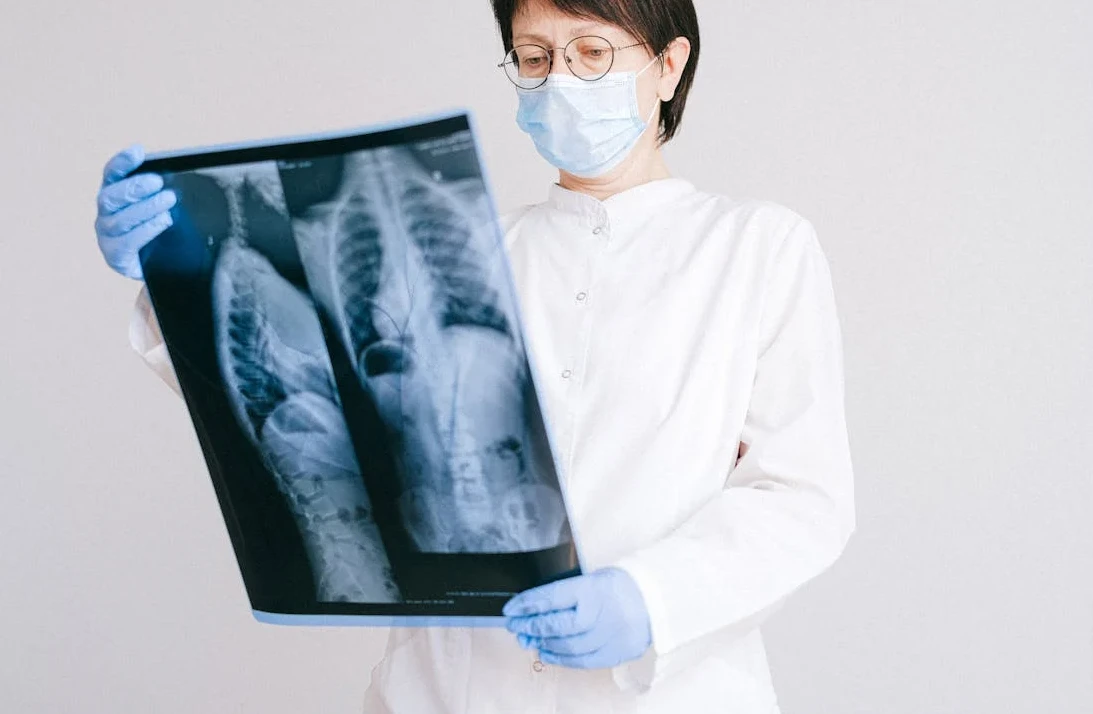
Pulmonologist Lung Specialist: Essential Care for Respiratory Health
Blood tests can show oxygen levels and signs of infection. In some cases, they might take small tissue samples for further testing.
Treatment Modalities
Pulmonologists use many methods to treat lung diseases. Medications are often the first step. These may include inhalers, pills, or injections.
For some patients, oxygen therapy helps them breathe better. Others might need machines to support their breathing at night.
In severe cases, pulmonologists may recommend surgery. This could involve removing damaged parts of the lung or even lung transplants.
Pulmonary rehabilitation is another key treatment. It includes exercise, education, and support to help patients manage their condition.
Chronic Disease Management
Many lung diseases are long-term conditions. Pulmonologists help patients manage these over time. They create care plans tailored to each person's needs.
Over 250+ reviews
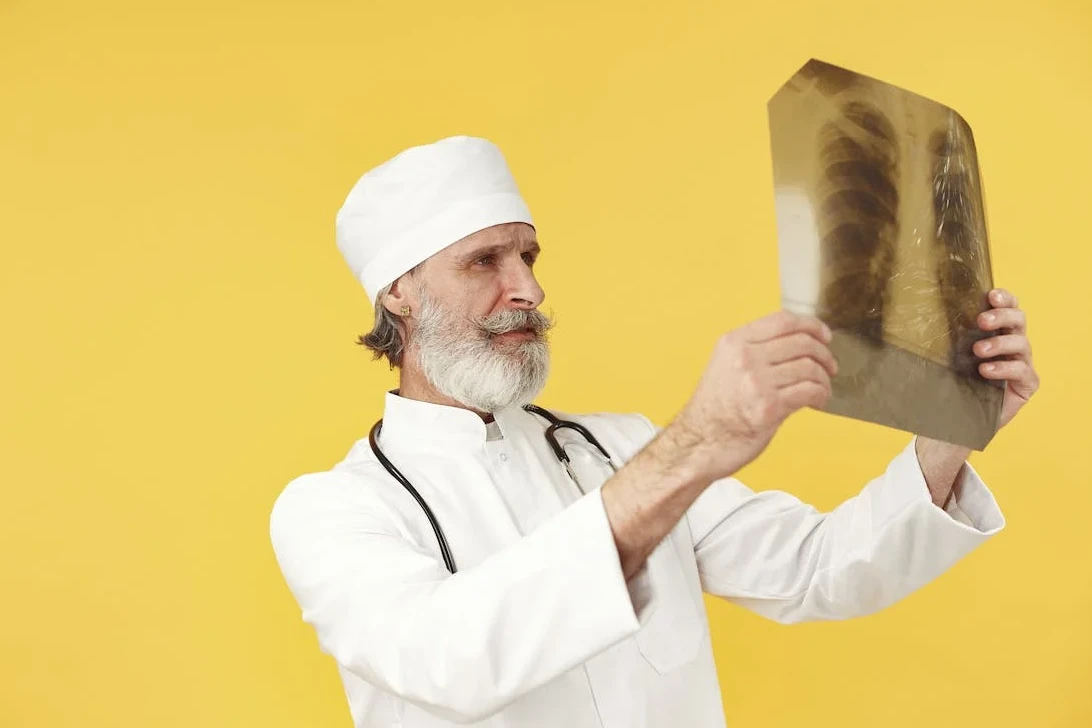
Pulmonologist Lung Specialist: Essential Care for Respiratory Health
Regular check-ups are important. These visits let doctors track the disease's progress. They can adjust treatments as needed.
Pulmonologists also teach patients how to manage symptoms at home. This might include using inhalers correctly or doing breathing exercises.
They work with other healthcare providers too. This team approach ensures patients get complete care for their lung health.
Common Conditions Treated
Pulmonologists treat a range of lung and breathing problems. These doctors see patients with both short-term illnesses and long-lasting diseases. Their expertise covers many conditions that affect how lungs work.
Asthma and COPD
Asthma and COPD are common breathing disorders. Asthma causes airways to swell and narrow. This makes breathing hard. Symptoms include wheezing, coughing, and chest tightness.
COPD stands for chronic obstructive pulmonary disease. It blocks airflow and makes breathing difficult. COPD includes emphysema and chronic bronchitis. Smoking is the main cause of COPD.
Both conditions need ongoing care. Treatment may include inhalers, pills, and lifestyle changes.
Pulmonologists help patients manage symptoms and improve lung function.
Over 250+ reviews
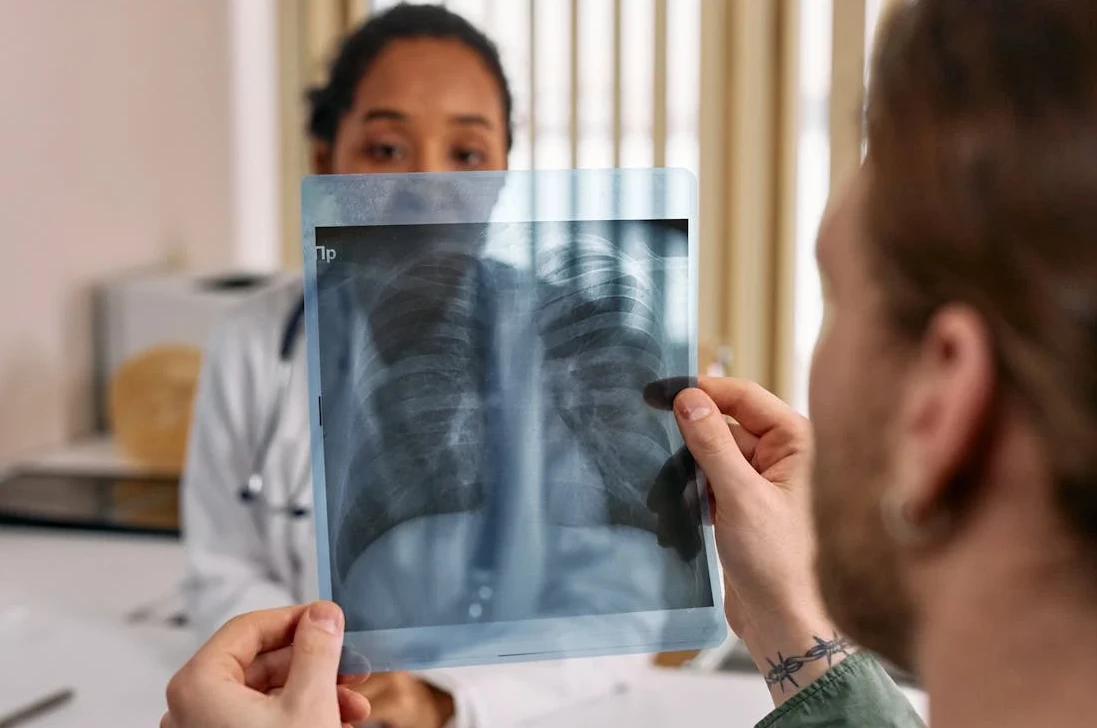
Pulmonologist Lung Specialist: Essential Care for Respiratory Health
Pulmonary Fibrosis
Pulmonary fibrosis scars lung tissue. This makes the lungs stiff and hard to expand. Breathing becomes difficult as the disease progresses.
Causes include:
- Exposure to toxins
- Certain medications
- Some lung infections
- Unknown factors (idiopathic pulmonary fibrosis)
Symptoms include shortness of breath and a dry cough. Treatment aims to slow damage and ease symptoms.
Options may include oxygen therapy and medications.
Pneumonia
Pneumonia is a lung infection. It can be caused by bacteria, viruses, or fungi. Symptoms include:
- Cough with phlegm
- Fever and chills
- Chest pain
- Trouble breathing
Mild cases may be treated at home. Serious cases need hospital care.
Antibiotics help for bacterial pneumonia. Antivirals work for some viral types.
Pulmonologists treat severe or complex cases. They may use tests like chest X-rays to guide treatment.
Over 250+ reviews
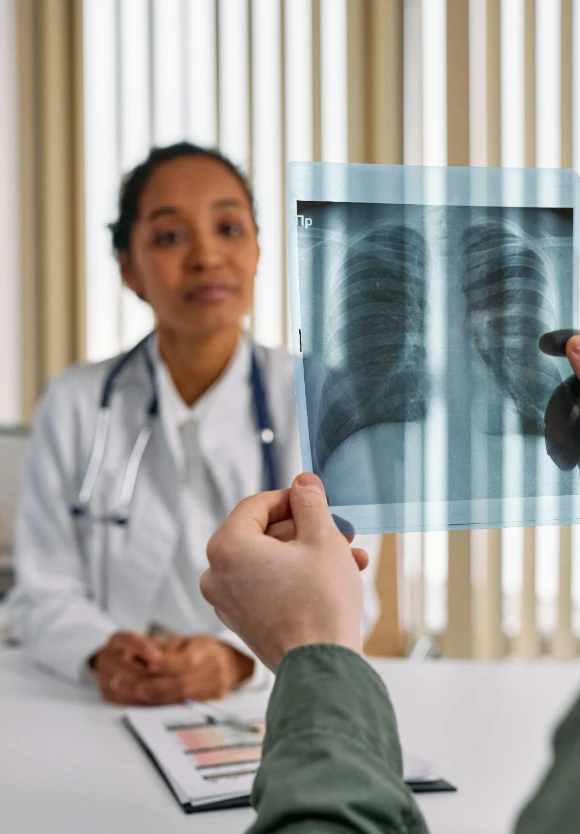
Pulmonologist Lung Specialist: Essential Care for Respiratory Health
Lung Cancer
Lung cancer is a growth of abnormal cells in the lungs. It often spreads to other parts of the body. Early detection is key for better outcomes.
Types of lung cancer:
- Non-small cell lung cancer (more common)
- Small cell lung cancer
Risk factors include smoking and exposure to certain chemicals. Symptoms may not appear until the cancer is advanced. They can include:
- Persistent cough
- Coughing up blood
- Chest pain
- Shortness of breath
Treatment depends on the type and stage.
Options include surgery, radiation, chemotherapy, and targeted therapies.
Pulmonologists work with cancer specialists to plan and manage care.
Over 250+ reviews

Pulmonologist Lung Specialist: Essential Care for Respiratory Health
Procedures and Tests
Pulmonologists use several key procedures to diagnose and treat lung conditions. These tests help doctors get a clear picture of how a patient's lungs are working.
Pulmonary Function Tests
Pulmonary function tests measure how well the lungs work. They check how much air a person can breathe in and out. These tests also show how fast someone can empty their lungs.
Doctors use a device called a spirometer for these tests. Patients blow into a tube connected to the machine. It records the amount and speed of air blown out.
There are different types of pulmonary function tests:
- Spirometry
- Lung volume test
- Diffusion capacity test
These tests can help diagnose conditions like asthma and COPD. They also track how well treatments are working.
Bronchoscopy
A bronchoscopy lets doctors look inside the airways of the lungs. The doctor uses a thin, flexible tube with a camera on the end. They insert this tube through the nose or mouth and into the lungs.
Over 250+ reviews

Pulmonologist Lung Specialist: Essential Care for Respiratory Health
During a bronchoscopy, doctors can:
- See inside the airways
- Take samples of lung tissue
- Remove objects blocking the airways
- Drain fluid from the lungs
This procedure helps diagnose lung infections, cancer, and other problems. It's usually done while the patient is awake but sedated.
Thoracentesis
Thoracentesis is a procedure to remove fluid from around the lungs. The doctor inserts a needle between the ribs into the space around the lungs. They then drain the excess fluid.
This test can help:
- Relieve pressure on the lungs
- Find the cause of fluid buildup
- Test the fluid for infection or cancer
Doctors might do this procedure if a patient has trouble breathing due to fluid around their lungs. It can be both a diagnostic test and a treatment.
Over 250+ reviews
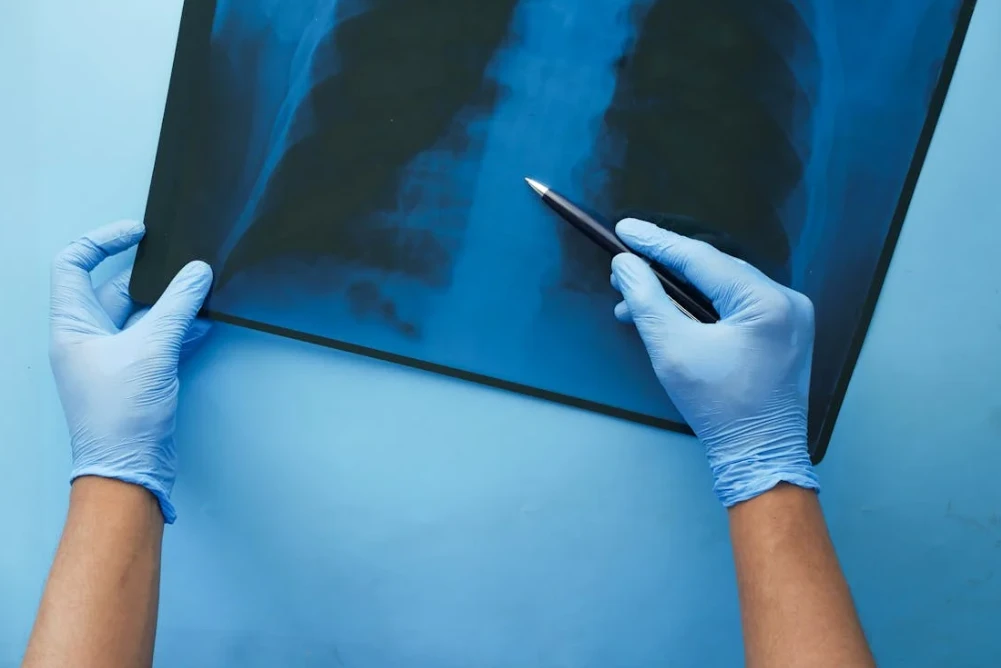
Pulmonologist Lung Specialist: Essential Care for Respiratory Health
Preventative Care and Patient Education
Pulmonologists play a key role in helping patients prevent lung diseases. They teach people about the risks of smoking and air pollution.
These doctors also explain how to avoid triggers for asthma and allergies.
Regular check-ups are important. Pulmonologists can spot early signs of lung problems during these visits.
They may do breathing tests to check lung function.
Patients learn proper inhaler use from their lung specialist. This ensures medicine reaches the lungs effectively.
Pulmonologists also show patients how to use oxygen therapy equipment safely at home.
Exercise is vital for lung health. Lung doctors guide patients on safe ways to stay active.
They may suggest pulmonary rehabilitation programs to improve breathing and stamina.
Pulmonologists stress the importance of vaccines. Flu shots and pneumonia vaccines can prevent serious lung infections.
They also teach patients to recognize signs of worsening lung conditions.
Good nutrition supports lung health too. Lung specialists may offer diet tips to help manage symptoms.
They explain how certain foods can affect breathing in some patients.
Patient education includes teaching about air quality. Pulmonologists advise on using air filters and avoiding outdoor pollution when needed.
This helps patients breathe easier and stay healthier.
Over 250+ reviews
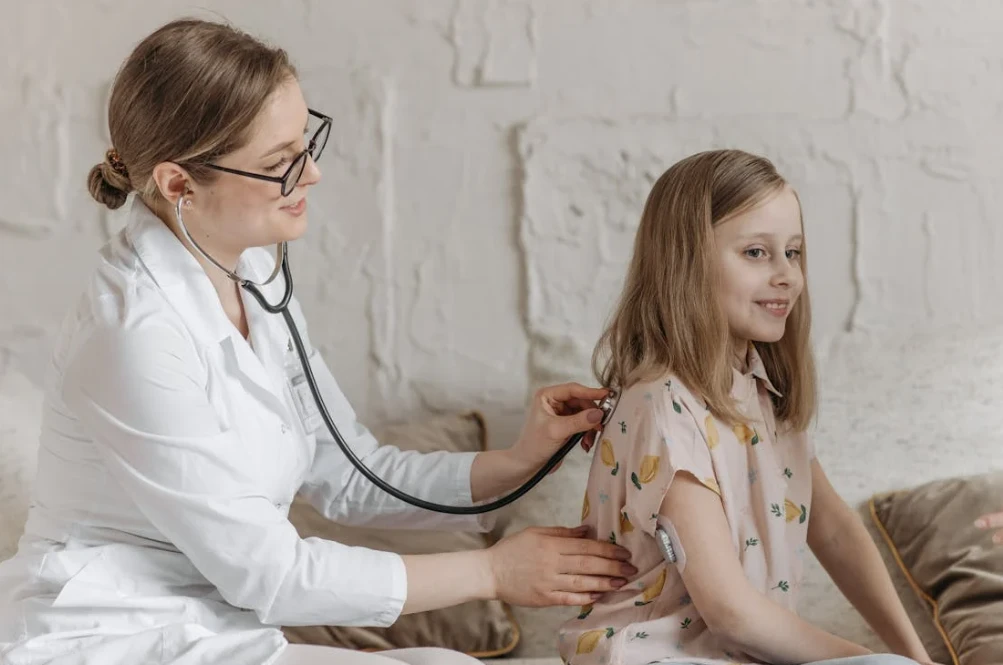
Pulmonologist Lung Specialist: Essential Care for Respiratory Health
Over 250+ reviews

Pulmonologist Lung Specialist: Essential Care for Respiratory Health
Chronic Disease Management
Many lung diseases are long-term conditions. Pulmonologists help patients manage these over time. They create care plans tailored to each person's needs.
Regular check-ups are important. These visits let doctors track the disease's progress. They can adjust treatments as needed.
Pulmonologists also teach patients how to manage symptoms at home. This might include using inhalers correctly or doing breathing exercises.
They work with other healthcare providers too. This team approach ensures patients get complete care for their lung health.
Common Conditions Treated
Pulmonologists treat a range of lung and breathing problems. These doctors see patients with both short-term illnesses and long-lasting diseases. Their expertise covers many conditions that affect how lungs work.
Asthma and COPD
Asthma and COPD are common breathing disorders. Asthma causes airways to swell and narrow. This makes breathing hard. Symptoms include wheezing, coughing, and chest tightness.
COPD stands for chronic obstructive pulmonary disease. It blocks airflow and makes breathing difficult. COPD includes emphysema and chronic bronchitis. Smoking is the main cause of COPD.
Both conditions need ongoing care. Treatment may include inhalers, pills, and lifestyle changes.
Pulmonologists help patients manage symptoms and improve lung function.
Over 250+ reviews

services we offer
general & family dentistry
Our experienced dentists provide high-quality care in a friendly environment.
cosmetic dentistry
Whether it's procedures like veneers, contouring, or dental bonding, our cosmetic experts have you covered.
dental emergencies
Even the best-cared-for teeth occasionally need a little help. No matter the need or emergency.
Teeth whitening
Our whitenings are both easy and non-invasive, and we can remove years of stain.
Invisalign
Proven results at half the average cost of braces, schedule your appointment today!
Specialty & oral surgery
Complete Specialty Solutions provide the best care for all your oral surgery and specialty needs.
Your Smile Belongs On A Pedestal
Experience the best of dentistry and perfect your smile. Visit our nearest location.

Why choose our dentist
Dentistry is both an art and a science. We employ the latest technologies in dentistry and continually train our staff on the latest methodologies and best practices.
comprehensive services
Personalized treatment plans
Advanced technology
560
Happy patients
342
Online booking
15
Years of experience
100%
Clean, comfortable
The best dentists you can trust
What our clients say about us
"Thank you for a great experience as a new patient! Everyone was very friendly, supportive and proffesional."
James Smith
Patient
"The staff was great! Very friendly and patient with my son. The facility is clean and modern. Glad we made the switch!"
Jessica Jameson
Patient
“Between friendly conversations, and visual explanations of my dental needs, my first visit was an an easy one."
David Williams
Patient
"Had an amazing experience everyone was super friendly and helpful. Office is super clean."
Lily Davis
Patient
“Love this dentist. Would highly recommend them! I felt so safe there - the office is so clean and everyone is in full gear."
Jack Anderson
Patient
“Great dental office! Very helpful with payment plans and walking me through what needs to be done with my teeth."
Molly Miler
Patient
